A Blue Economy Based on Mangrove Conservation from the Banyuwangi Coast
By: Miga Magenika Julian | Editor: Dasapta Erwin Irawan Continuing the positive trend that has been ongoing since 2024, the ITB community service team, led by Dr. Prima Roza (FSRD ITB) and Miga Magenika Julian, MT (FITB ITB), returned to the Banyuwangi coast to strengthen the spirit of mangrove forest conservation among the local community. While maintaining the goal of environmental preservation, the team now employs an approach more relevant to the economic needs of coastal communities: a socio-economic approach.

Previously, the introduced method was silvofishery, which integrates mangrove forest ecosystem restoration with mangrove crab cultivation in the Pangpang Bay Essential Economic Area. While this approach is effective for conservation, it has not been optimal in increasing the income of coastal communities. By 2025, the team aims to develop diversification of mangrove resources into economically valuable products that can directly benefit the local community. Product processing has been initiated by the Forest Farmers Group (KTH MAKMUR) led by Mr. Hendro Supeno, who focuses on physical mangrove conservation efforts. Meanwhile, mangrove products are managed by his wife, Mrs. Yuli. The resulting products include syrup, chips, tea, and mangrove flour from several local species that grow in Banyuwangi’s mangrove forests.

The main problem facing the coastal communities of Banyuwangi is a lack of knowledge about branding and marketing processed mangrove products, so sales have not been able to improve the economic standard of the coastal community, which is largely dependent on marine products. To address this gap, a community service team from ITB collaborated with academics from Universitas 17 Agustus Banyuwangi (Untag Banyuwangi) and Universitas Brawijaya (UB) to develop a business model that can increase sales of mangrove products while supporting efforts to preserve the increasingly threatened coastal environment.
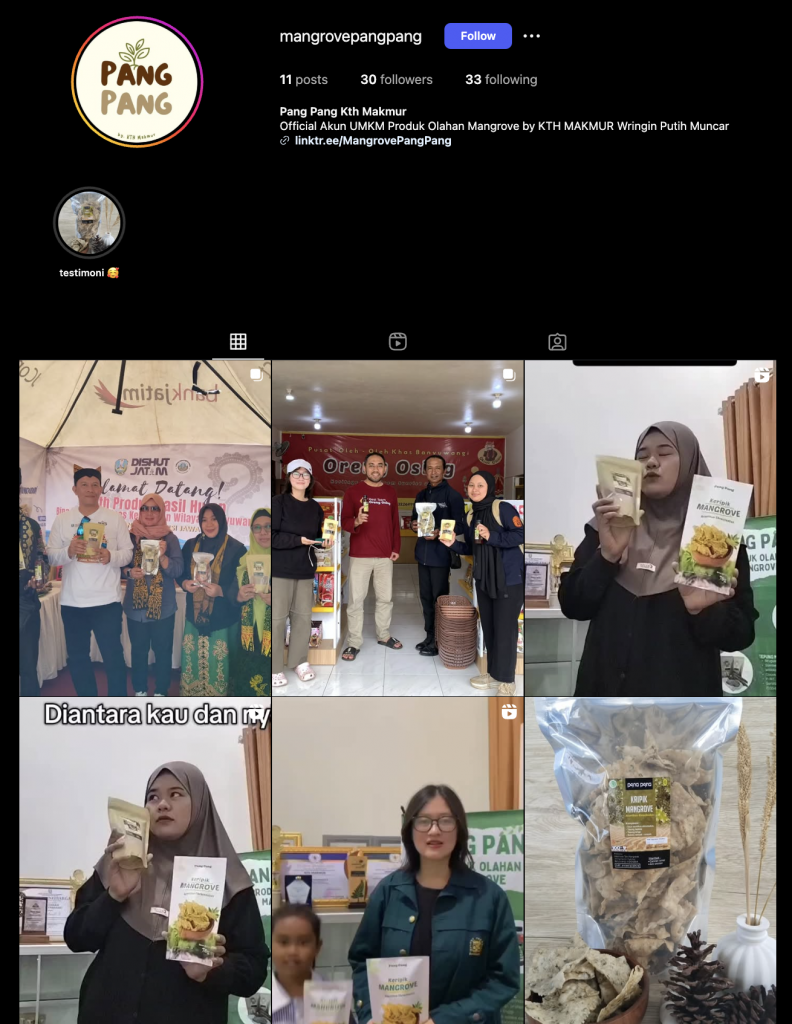
The business model developed integrates conventional marketing through collaboration with local MSMEs and souvenir shops in Banyuwangi Regency, which have not been fully utilized by coastal communities. To reach a wider market and open up new economic opportunities, the team also introduced digital marketing through e-commerce and social media, which are still unfamiliar to most coastal communities. To ensure the sustainability of the program, the team provided intensive mentoring to partners for three weeks, with the goal of improving their skills in establishing local business partnerships and managing digital marketing accounts independently. “For us coastal communities, this is a new opportunity to increase our income without destroying the mangrove forest. Previously, we sold products traditionally to nearby markets, but the proceeds were not enough to meet our family’s needs. Thank you to the community service team from the campus who have taught us and assisted us in marketing processed mangrove products. We hope the results will help our family’s economy. If there is other knowledge that can improve the economic standard of coastal communities here without damaging the environment, we would certainly be happy to welcome you from the campus,” explained Mrs. Yuli before the community service team said goodbye after three weeks of mentoring.
Hits: 4


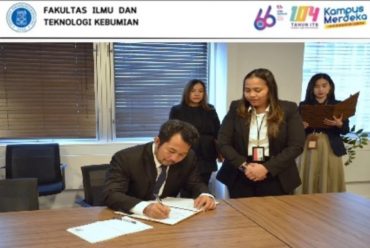
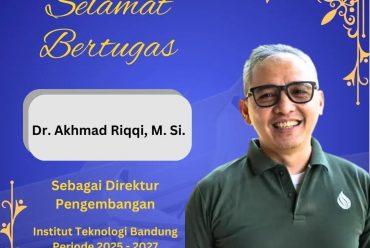
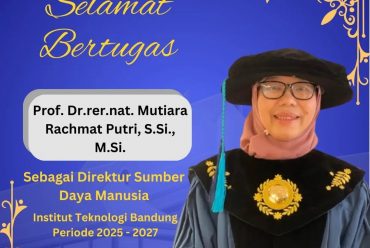
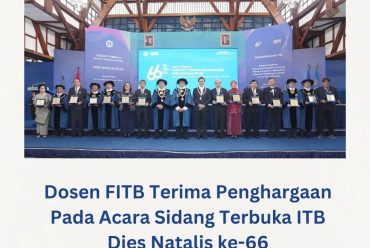
No Comments